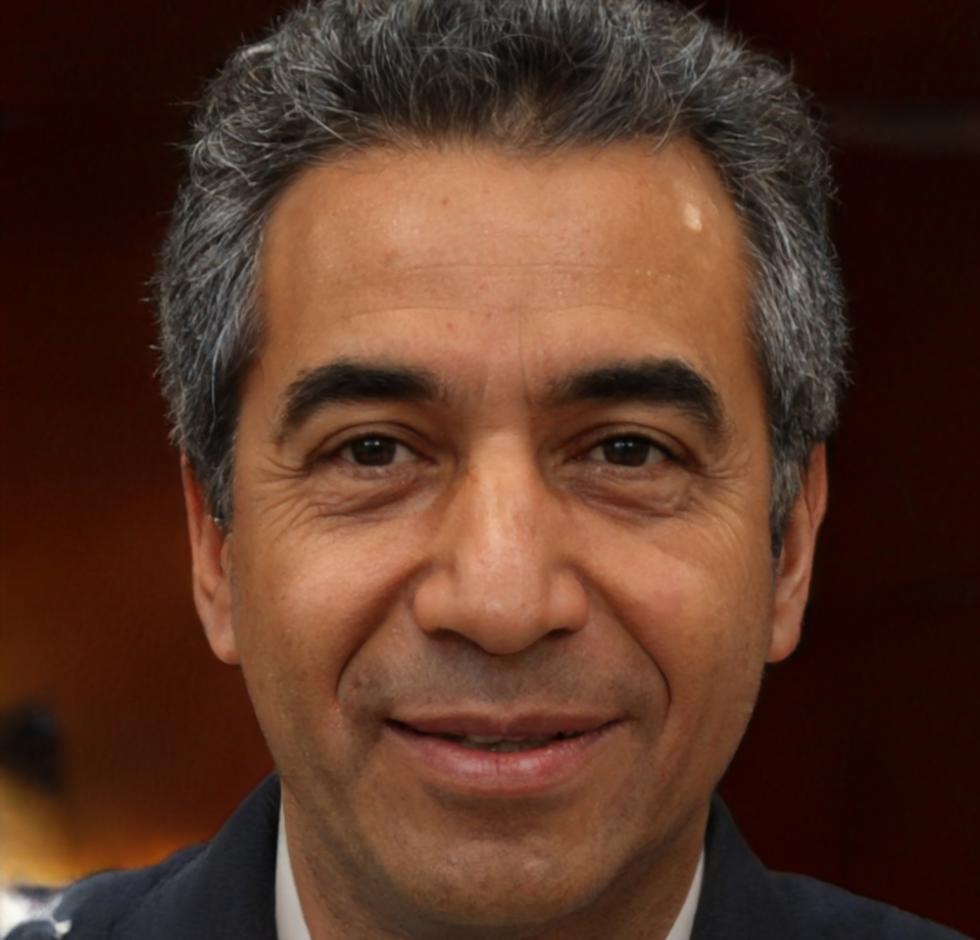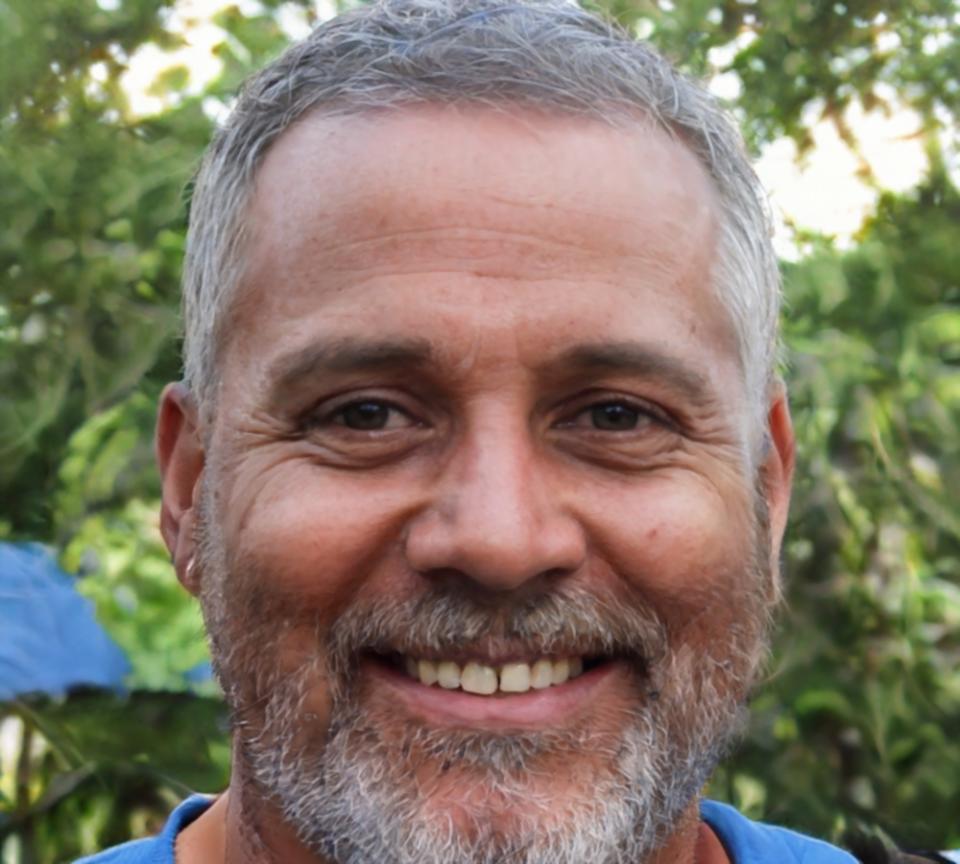Blockchain Education Built Around Real Business Networks
Most people talk about blockchain like it's some abstract concept floating in the cloud. But consortium blockchains work differently. They're built for organizations that need to share data securely without giving up control.
We're running programs in autumn 2025 and spring 2026 for people who want to understand how these systems actually function in enterprise settings. Not theory. Not hype. Just practical knowledge about permissioned networks.
View Program Details

Why Consortium Models Matter More Than You'd Think
Here's what catches most newcomers off guard — consortium blockchains aren't trying to replace Bitcoin or Ethereum. They solve a completely different problem.
Think about supply chains. Multiple companies need to verify shipments and payments. Banks processing international transfers need a common ledger. Healthcare providers sharing patient records across systems need audit trails.
Public blockchains can't handle these scenarios well. Too slow, too transparent, too expensive. Consortium networks give participating organizations shared infrastructure with clear governance rules.
Our curriculum walks through actual implementations. You'll see how Hyperledger Fabric manages identity, how R3 Corda handles financial agreements, and where Quorum fits in the enterprise stack.
How We Structure Learning
We avoid the common pitfall of teaching blockchain in isolation. Every concept connects to specific business requirements and technical constraints. That's what makes the difference between knowing terminology and understanding systems.
Foundation Phase
Start with distributed systems fundamentals. Consensus mechanisms. Identity management. Smart contract basics. Nothing fancy, just the core concepts you'll need for everything that follows.
Platform Work
Hands-on work with major consortium frameworks. You'll configure networks, deploy chaincode, test transaction flows. Real environment setups, not simplified demos.
Implementation Context
Study actual use cases from finance, logistics, healthcare. Understand what worked, what didn't, and why certain architectural decisions were made.
Technical Skills You'll Actually Use
We focus on what employers in Taiwan and across Asia are actively looking for. Most blockchain education programs teach concepts without context. You end up knowing theory but struggling with practical application.
Our approach centers on problem-solving. You'll work with Hyperledger Fabric because major enterprises use it. You'll understand Corda because financial institutions chose it for specific reasons. You'll see how Quorum extends Ethereum for private networks.
The program includes network configuration, channel setup, chaincode development, transaction privacy models, and integration patterns. You'll also learn how to evaluate when a consortium blockchain makes sense versus other database solutions.
Classes start in September 2025 with a second cohort in March 2026. Sessions run evenings and weekends to accommodate working professionals.

Who Teaches These Programs
You need instructors who've actually built these systems. Both of us have worked on enterprise blockchain implementations before deciding to focus on education. We saw too many people struggling with gaps between documentation and reality.

Toivo Virtanen
Technical Lead
Spent four years deploying Hyperledger networks for logistics companies. Helped design the architecture for a cross-border trade platform that processed over 200,000 transactions monthly. Now focuses on teaching people how these systems actually work in production environments.

Branimir Pavlović
Platform Specialist
Worked with financial institutions implementing Corda for settlement systems. Background in distributed databases made the transition to consortium blockchains natural. Teaches the technical implementation side with emphasis on performance optimization and security patterns.
Start With Clear Information
Our next program begins September 2025. Classes meet twice weekly for six months. We keep groups small so everyone gets direct feedback on their work. Check the full schedule and curriculum breakdown, or reach out if you have specific questions about the content.